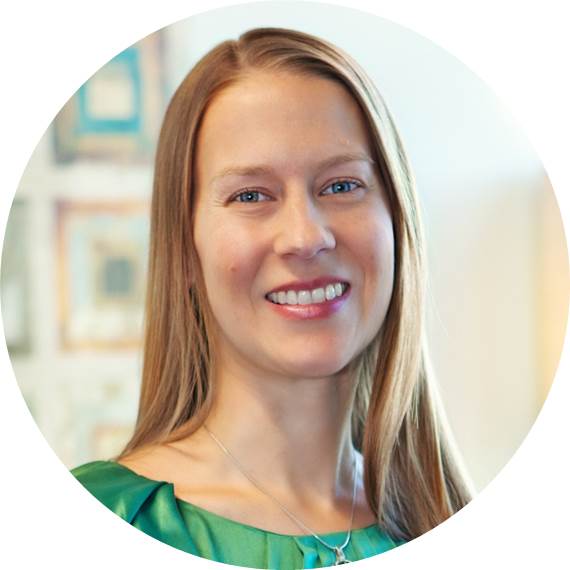Why Do We Have So Much Stuff?
Have you ever attempted to get rid of some of your stuff and realized it was much harder than you thought it would be? Do you look around the room and wonder how you ended up with so much?
While items were previously purchased for utility, the rise of consumerism, consumption, and goods as status symbols has prevailed. In 1913, the comic strip “Keeping Up with the Joneses” depicted a family trying to keep up with their neighbors. Doesn’t every little boy and girl wish for the day when they can have tons of money, own a huge house, and buy everything they have ever desired.
Marketers aren’t geniuses or mind readers- they just figured out why people buy and used it for their profit. Instead of sticking to the things we need, they are able to give us everything we want. Their promise: Your life will be happier, safer, and more comfortable when you buy…fill in the blank.
So what drives our decision making when it comes to stuff? Why do we buy and keep things at such an alarming rate?
We are trying to make our lives easier. If you look at the items in your house, you might realize you have a lot of things you aren’t using now, but are keeping because you might need it one day. We are anxious about being without or not being prepared. What if someone asks me for an extra toothbrush and I don’t have one?!? This type of thinking might make sense when people lived a two day walk from town, but now we can get just about anything that we need in a few minutes, can’t we? So why do we need to store it all in our houses just in case? Because we like feeling in control and believe the marketers when they tell us items will make our lives easier.
Everything is special. If a product comes in different colors and styles, with different functions or versions, then I need all of them, right? The retailers would like you to think so. They also want you to believe this is your only opportunity. If you don’t get it now, then you might never have this opportunity again. Which means we buy way more than what is needed. The more valuable or unique an object becomes in our minds, the more we feel like we need it.
Objects support our identity. We purchase and keep things because we believe our stuff is a reflection of who we are. If I see myself as an enthusiastic reader, I have a house full of books. If I am an artist, I need art on the walls and paint in the drawers. If I’m into technology, I need the latest version of the newest gadget. While these things might support our interests, we start to believe we cannot part from them. The collection of objects can become the interest, rather than the interest itself.
We are overly ambitious. How many projects do you have sitting in the corner or the back of your closet? What are all the things you plan to get to one day but just haven’t found the time (in the last ten years)? Really creative people have really great ideas, probably more than they can ever complete in one lifetime. Unfortunately, this means the stuff we might have found or purchased for these projects sits in our space. Some ideas have to die, so you can live. There is just not enough time for everything, which means we really have to be thoughtful about what projects we keep.
We make ourselves responsible. Have you ever had the thought, “Someone could use this, it shouldn’t go to waste,” and then put it back in your drawer for safe keeping? Have you ever kept something just because someone gave it to you? We can start to develop a sense of responsibility for items based on the guilt we feel about not using them enough or not wanting them anymore. So we try to make amends. I spend time trying to sell things or find another home for them. But is all this effort juggling around stuff really worth it?
So what makes you buy or hold on to so much stuff? Can you identify with any of these examples? Awareness of your motivations, and the sneaky tricks marketers play, can help you change your decisions related to buying and discarding.
Looking for help letting go of excess? Get connected with Dr. Umbach below.

